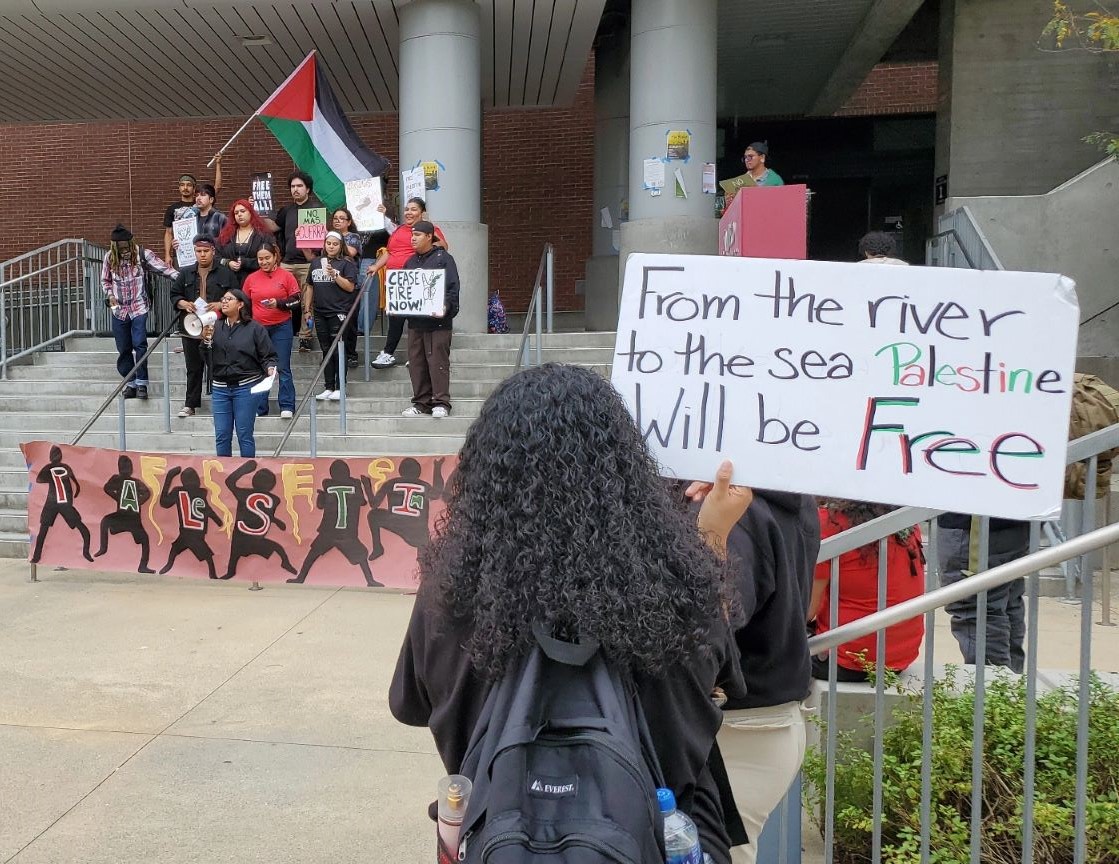Earlier this year, a 29-year-old California woman named Brittany Maynard was diagnosed with an incurable brain tumor and told by doctors that the cancer would most likely end her life in six months. After receiving the news, Maynard decided that she had no intention to allow the cancer to control how she lived or died.
“After months of research, my family and I reached a heartbreaking conclusion,” Maynard writes in a letter to the CNN editors published on Nov. 2; the day of her passing in the loving company of her family and husband, all according to plan. “There is no treatment that would save my life, and the recommended treatments would have destroyed the time I had left,” Maynard wrote to CNN.
Furthermore in the letter, she explains how she relocated to Oregon, became a state citizen there and sought out Oregon-based physicians to legally end her life with peaceful dignity under the Oregon Death With Dignity Act, since assisted medical suicide is still illegal in her home state.
“I’m not killing myself. Cancer is killing me. I am choosing to go in a way that is less suffering and less pain,” Maynard told NBC News in a phone interview on Oct. 9.
The current argument over physician-assisted euthanasia started with the 19th century advent of medical anesthetics like morphine. In 1870, a schoolteacher named Samuel D. Williams delivered a speech to the Birmingham Speculative Club in England.
On the behalf of patients suffering from terminal illnesses, Williams argued that physicians should use chloroform not only to relieve pain, but also to “destroy consciousness at once, and put the sufferer to a quick and painless death.”
Later, Williams’ comments at that speech were featured in a well-received book that attracted favorable attention from prestigious political and scientific journals, and sparked discussion in the Western world over euthanasia’s potential to cure certain social ills.
According to NewHealthGuide.org, in almost all places that currently legalize assisted medical suicide, the practice is restricted to people with incurable diseases, involves extensive medical testing and consultation with physicians and requires that applicants be permanent residents.
“My question is,” Maynard explained in her CNN letter, “who has the right to tell me that I don’t deserve this choice? That I deserve to suffer for weeks or months in tremendous amounts of physical and emotional pain? Why should anyone have the right to make that choice for me?”
According to a statement from Sean Crowley, spokesman for the national nonprofit group Compassion & Choices, “(Maynard) died as she intended — peacefully in her bedroom, in the arms of her loved ones.”








